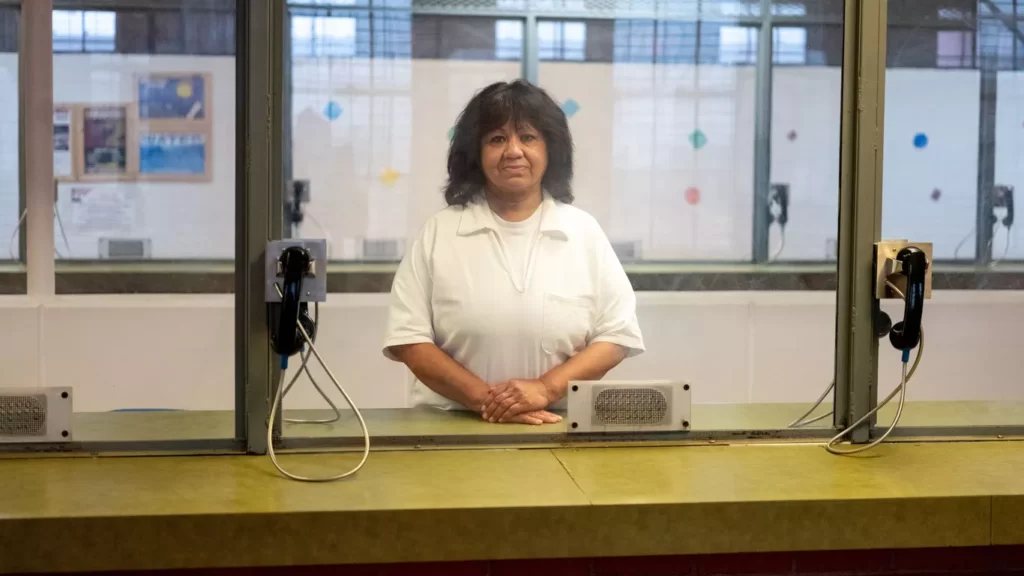Attorneys for Melissa Lucio, who could become the first Latina to be executed in modern-day Texas history, have asked the state’s highest criminal court to stop the execution and vacate her sentence and conviction.
Driving the news: The application was filed Friday with the Texas Court of Criminal Appeals. It argues new evidence shows Lucio didn’t kill her 2-year-old daughter, Mariah. Lucio’s execution is scheduled for April 27.
- Her lawyers argue she was coerced into a false confession and given an unfair trial during which a medical examiner provided false testimony about Mariah’s death.
- Five jurors in the original case now say they have “grave concerns about evidence withheld from them” and support relief, her lawyers said in Friday’s court filing.
Between the lines: The criminal appeals court has the power to overturn the conviction, which is not very likely, her lawyers said. The appeals court could also stay the execution and send it back to a lower court, which would then review the new evidence and determine whether Lucio should get a new trial.
- “It seems almost inconceivable that we could go forward with this execution given the unfair trial she had and the new evidence of her innocence,” attorney Vanessa Potkin of the Innocence Project told Axios. “But at the same time, here we are less than two weeks from her execution and by all accounts it’s still going forward.”
The big picture: This is one of several legal avenues her attorneys are pursuing.
- Her lawyers in February filed a motion for the county attorney where Lucio was convicted to withdraw her execution date. He recently indicated he would do so if the appeals court doesn’t step in.
- In March, Lucio’s lawyers also asked the Texas Board of Pardons and Paroles to recommend that Gov. Greg Abbott (R) grant Lucio clemency. Lawyers for Lucio said they don’t expect the board to rule until very close to the execution date.
- Over 100 Texas lawmakers have signed letters supporting clemency for Lucio.
Catch up quick: Lucio was sentenced to death in 2008, a year after Mariah’s death in Harlingen, Texas.
- In 2019, she was granted a new trial, but that decision was overturned by an appeals court.
- The Supreme Court last year declined to review the case. In a court filing at the time, the Texas attorney general’s office pointed to an autopsy that found Mariah died from “blunt force head trauma.”

Source: axios.com

